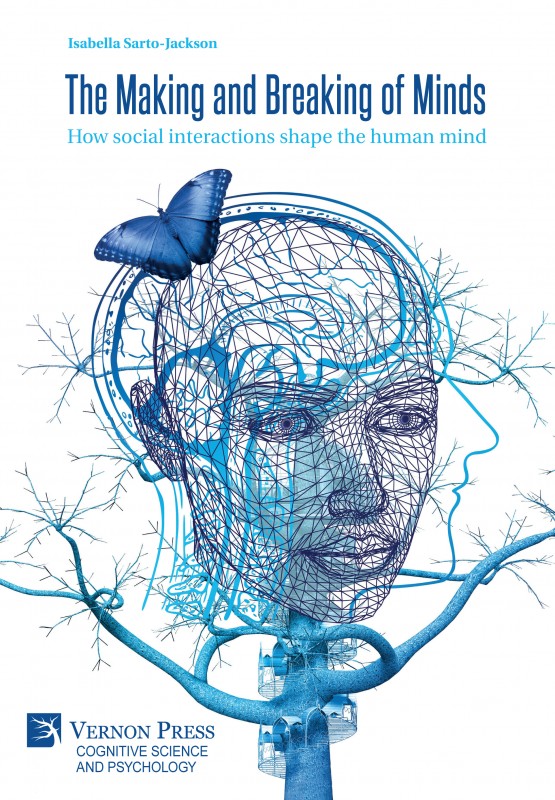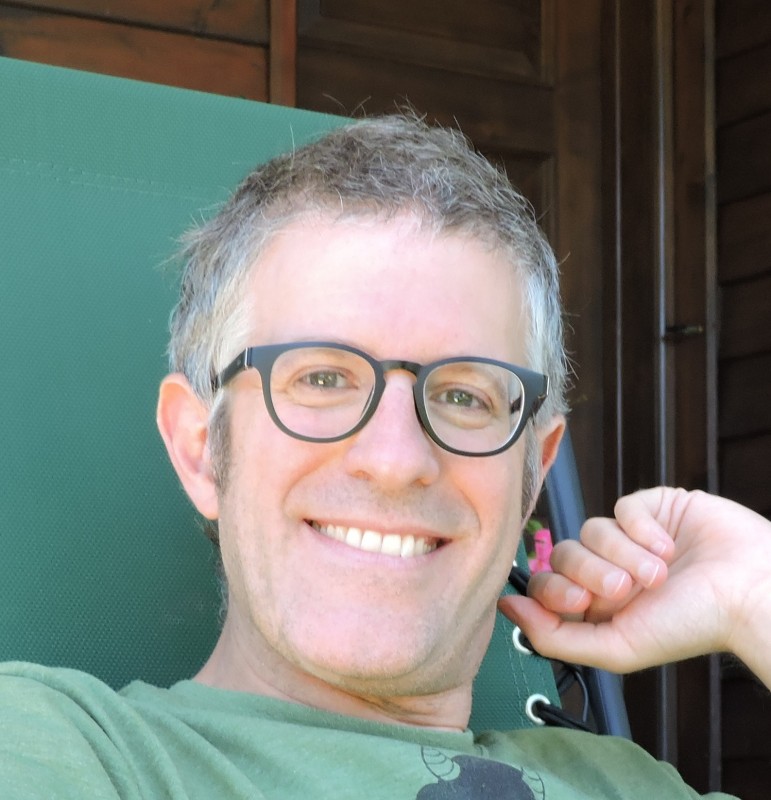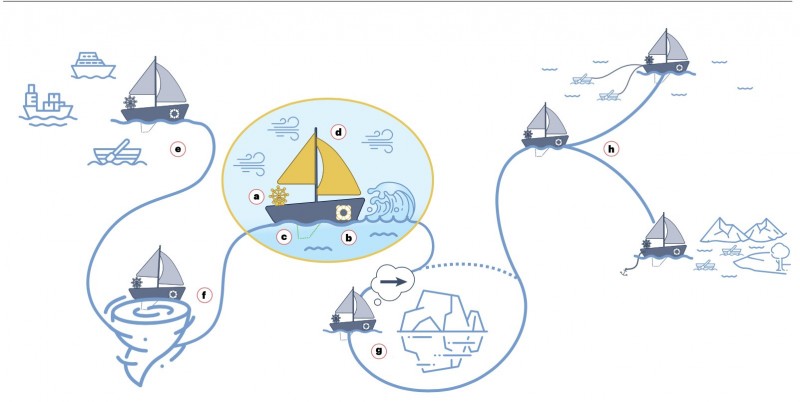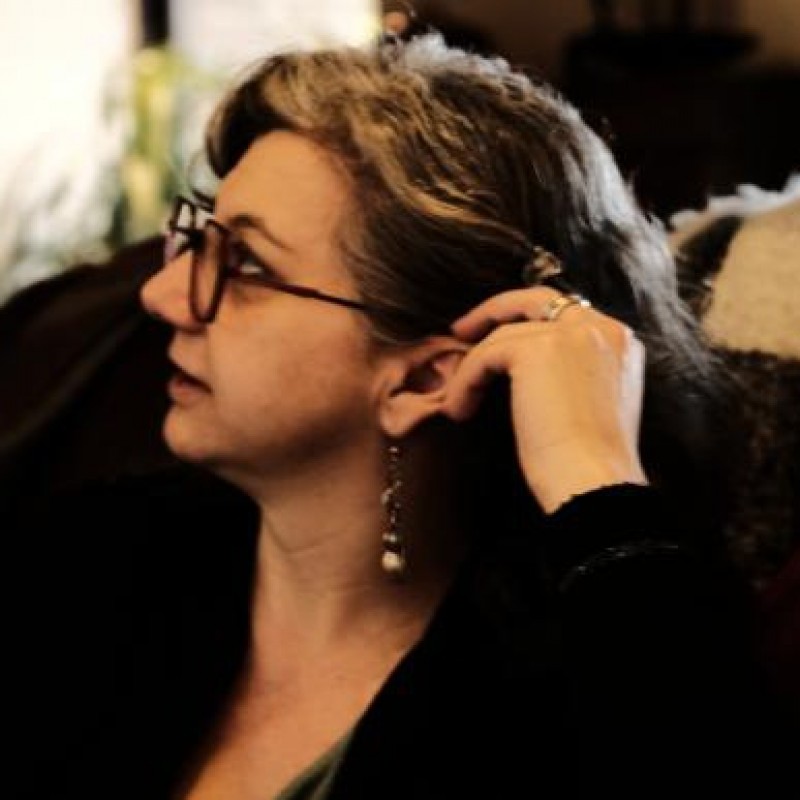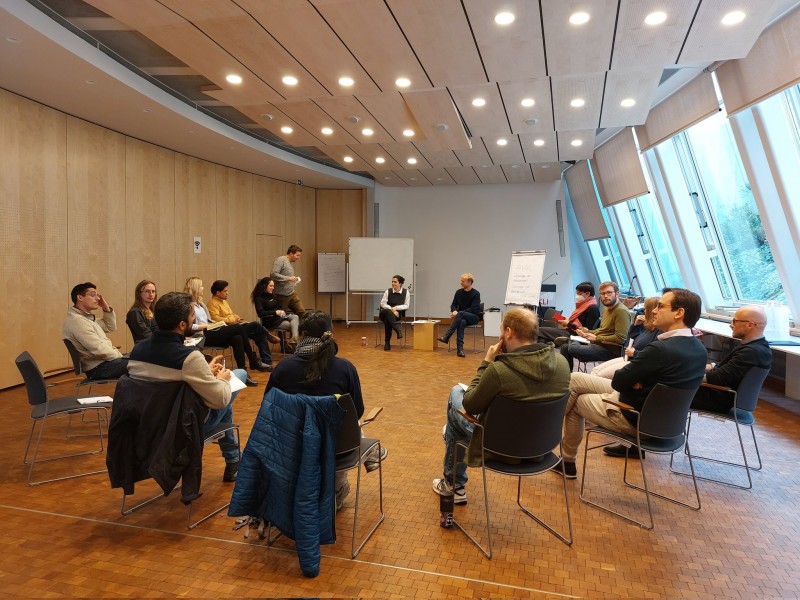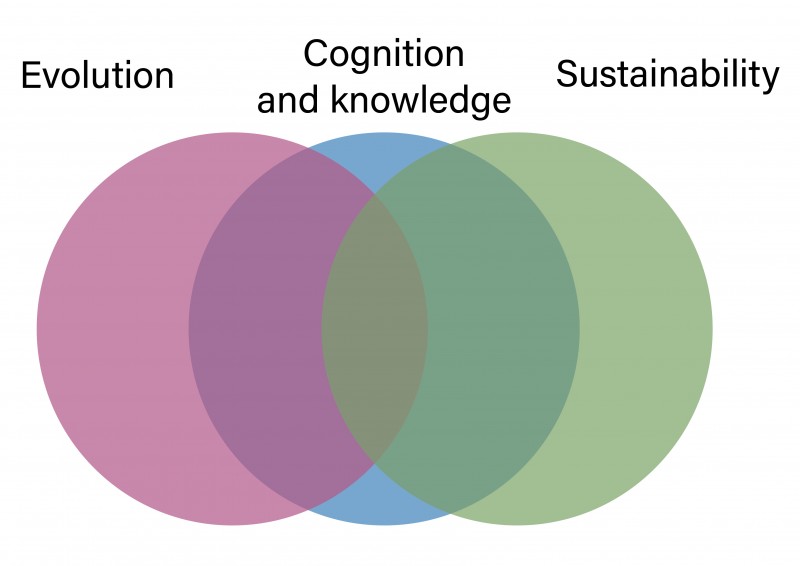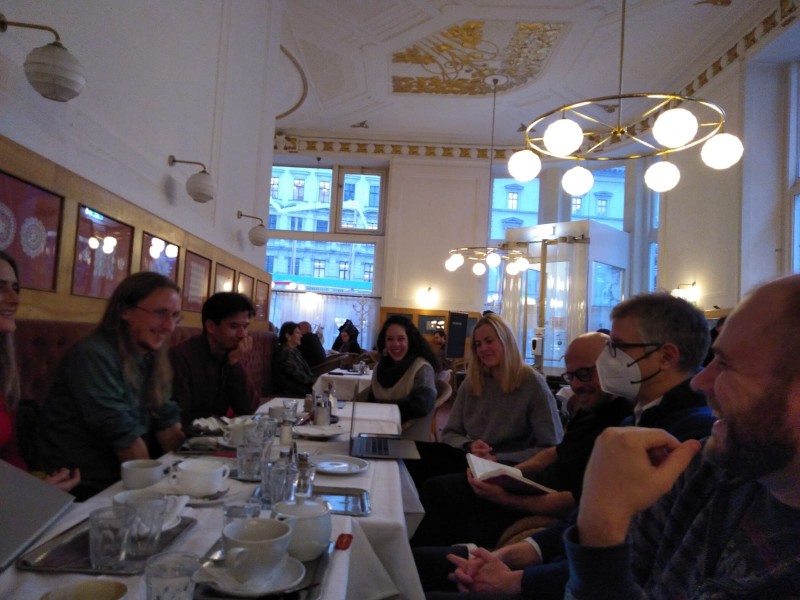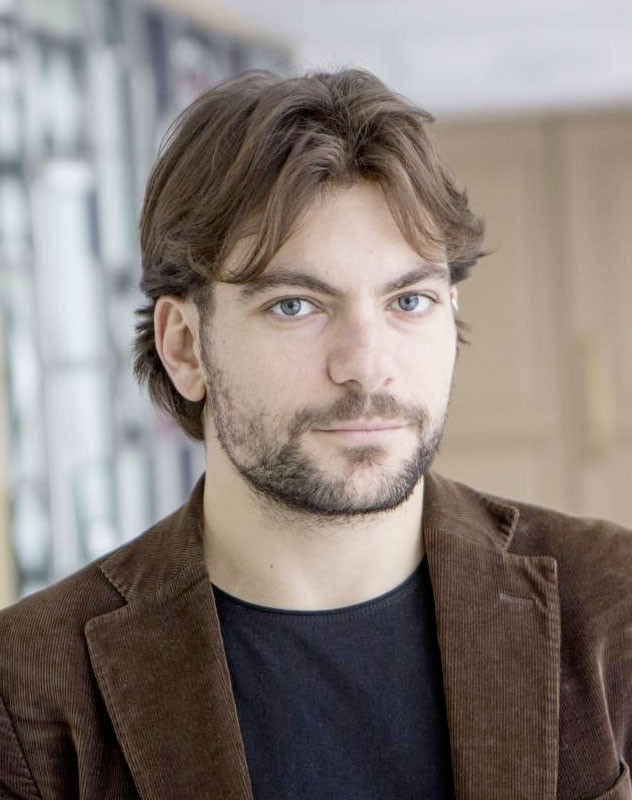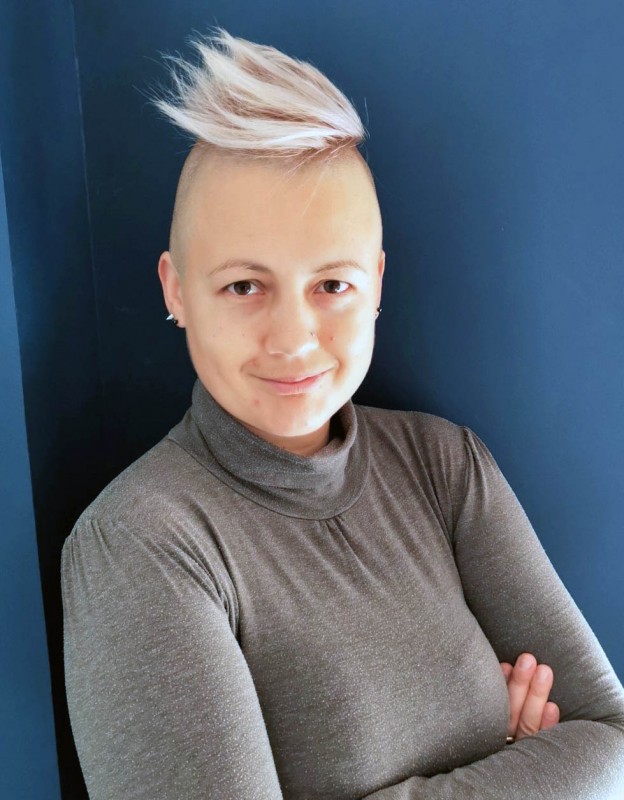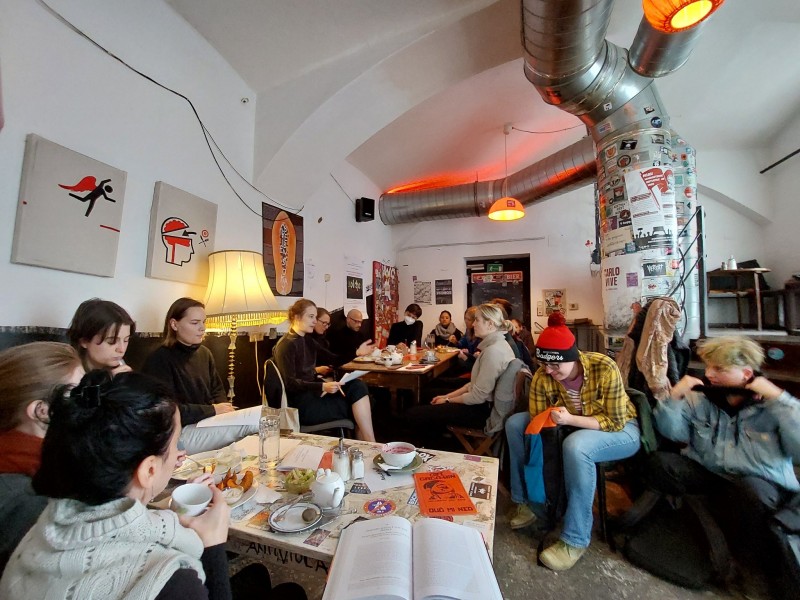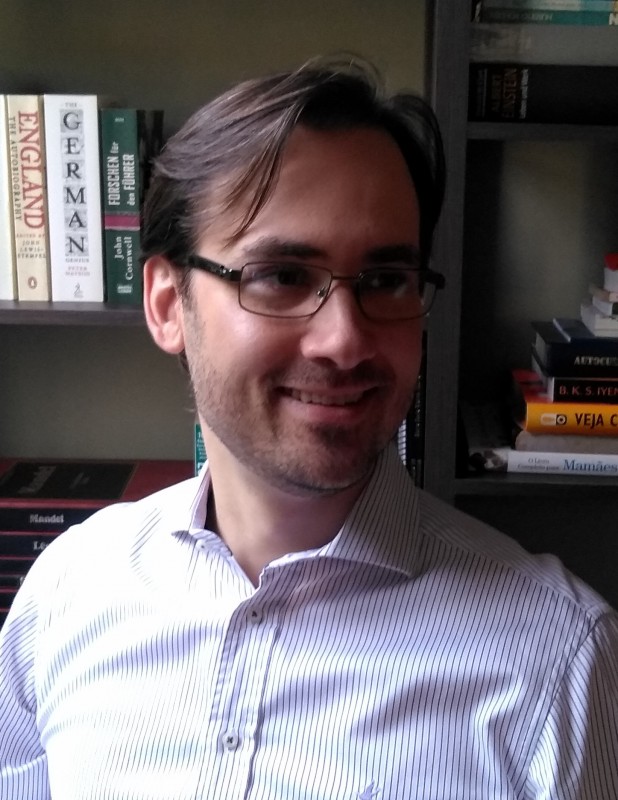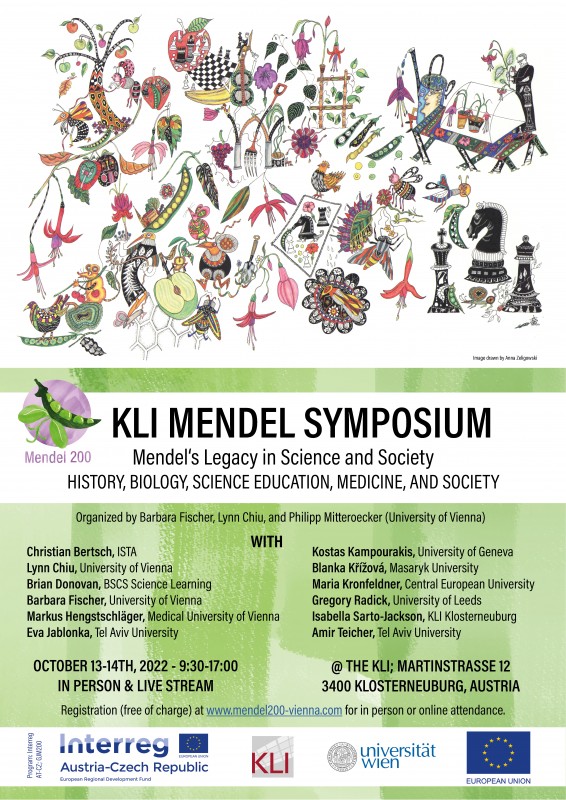News
2023-02-14
The Making and Breaking of Minds. How social interactions shape the human mind
Isabella SARTO-JACKSON (KLI) 2023-03-09 15:00 (CET). To join our colloquium please register with Zoom
2023-02-06
Videos from the University of Vienna Mendel200 project are now available!
Watch the eleven symposium videos and five Mendel stories on our Youtube channel.
2023-02-01
Leo Bich to write Cambridge Elements book on Biological Organization
Visiting fellow Leo Bich has signed a book contract with Cambridge University Press to write about "Biological Organization."
2023-01-24
New paper: Practical wisdom can inform the practice of sustainability researchers
New paper in Nature Sustainability by Caniglia et al. outlines a new role for practical wisdom and virtue ethics in knowledge co-production for transformative change.
2023-01-04
Welcoming Sonia Sultan to the KLI
Sultan's project "Updating the Single Evolutionary Currency" will seek to resolve the role of genetic variation in adaptive evolution from an ecoevodevo perspective.
2022-12-16
Towards a Philosophy of Techno-Science
Federica RUSSO (University of Amsterdam) 2023-01-19 15:00 (CET). To join our colloquium please register with Zoom
2022-12-14
Professional development at the KLI
Each winter, the KLI organizes a two-part professional development workshop for our fellows to get to know each other-- both as people and as researchers.
2022-12-13
Our KLife Newsletters are now online!
PDF versions of our KLife Newsletters are now available for download.
2022-12-13
The 2022-23 Writing-up Fellows of the KLI
How do the fellows of the "Cognition and Knowledge" cohort navigate the intersecting domains of evolution, sustainability, and cognition?
2022-12-12
New reading group on Agents and Agency
This reading group is loosely but seriously centered around agency.
2022-12-10
Biological Theory’s latest issue: 17(4) is out this month!
The December issue includes a provocative argument for the role of imagination in human cognition, along with new additions to our "Critical Concepts" and "Classics" collections — plus a heartfelt thank you to this year's referees.
2022-12-01
Self-cognition with Sensorial Diversity
Roberto CAZZOLLA GATTI (University of Bologna) 2022-12-01 15:00 (CET).
To join our colloquium please register with Zoom
2022-11-29
All hands on deck – Transdisciplinary Approaches to Coping with Emerging Infectious Diseases
Orsolya BAJER-MOLNÁR (Medical University of Vienna), 6 December 2022, 3.00 pm. To join our colloquium please register with Zoom.
2022-11-29
New reading group on Feminist STS at the Vienna Science Studies Lab
The Vienna Science Studies Lab is an intra-institution initiative revived this winter by the KLI, UPSalon UniVie, and the In/human project at CEU. A reading group on Feminist STS is the first event.
2022-11-17
The Making and Breaking of Minds – how social interactions shape the human mind
Isabella SARTO-JACKSON (KLI), 9 March 2023, 3.00 pm. To join our colloquium please register with Zoom.
2022-11-09
Learning and Evolution
Eörs SZATHMARY (KLI, Klosterneuburg & Parmendies Foundation, Pöcking & Institute of Evolution, Budapest), 17 November 2022, 3.00 pm. To join our colloquium please register with Zoom.
2022-10-30
Development and Ultimate Causes
Cristina VILLEGAS (KLI), 3 November 2022, 3.00 pm. To join our colloquium please register with Zoom.
2022-10-11
A History of Ecological Economic Thought
Marco P. VIANNA FRANCO (KLI), 20 October 2022, 3.00 pm. To join our colloquium please register with Zoom.
2022-10-07
Biological Theory’s September 2022 issue is available now!
Volume 17, issue 3, includes articles taking new evolutionary perspectives on back pain and morality, along with a first-ever English translation of a classic paper by premier plant physiologist Julius Sachs in which, our authors argue in a separate essay, he prefigured the discovery of mRNA.
2022-10-07
Press release: Public lectures reflect on long-reaching influence of Gregor Mendel on his 200th anniversary
The KLI Mendel Symposium, Mendel's Legacy in Science and Society, will be held from Oct 13th to 14th, 2022.


